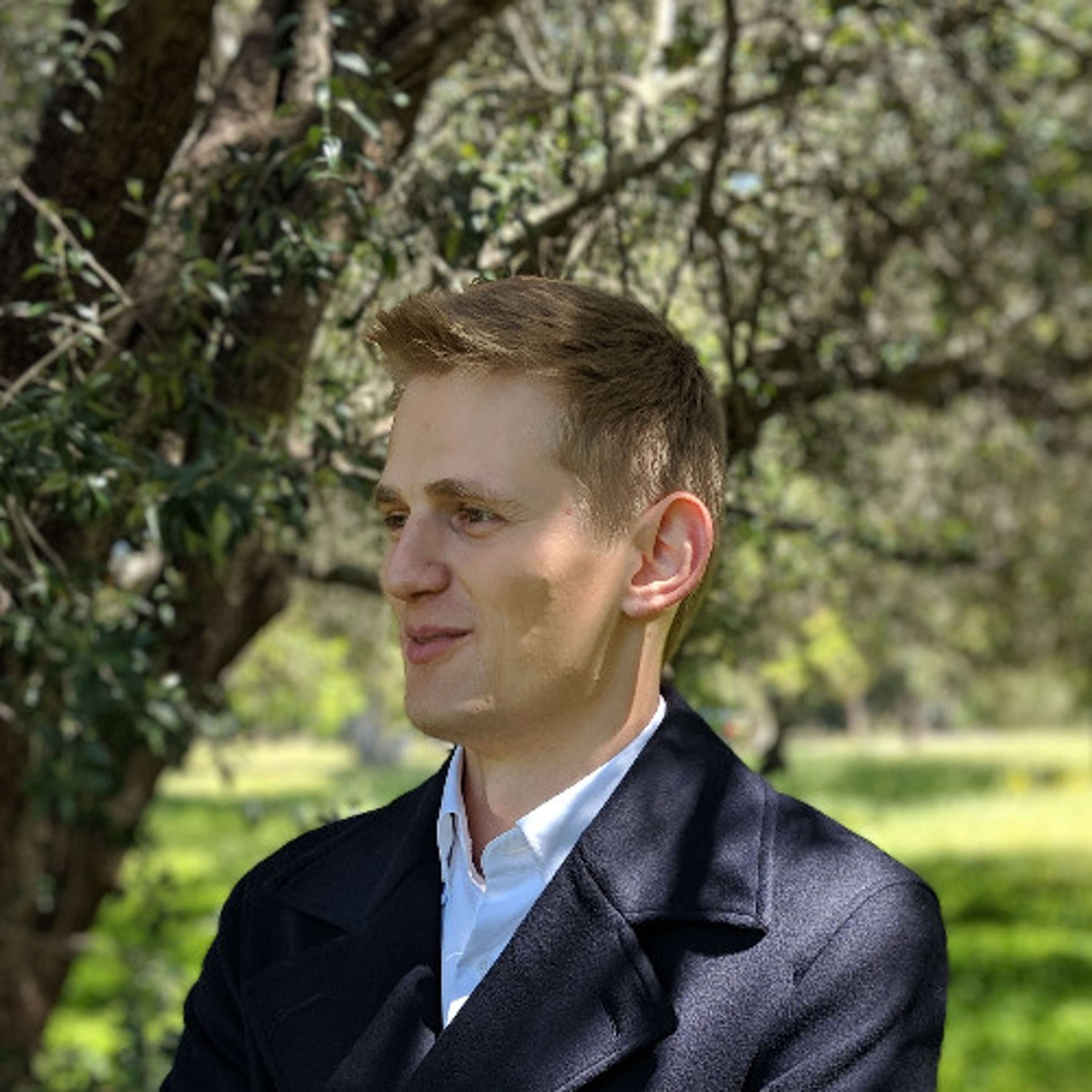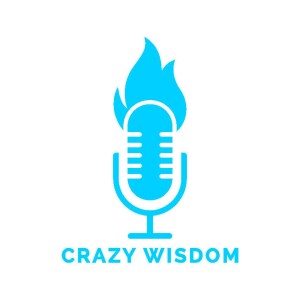
How do you preserve knowledge that is implicit and hard to make explicit? - Ivan Vendrov
 2023-02-27
2023-02-27
Download
Right click and do "save link as"
Ivan Vendrov is AI researcher, ML engineer interested in speculation of future systems
- Twitter: https://twitter.com/IvanVendrov
- Website: https://www.vendrov.ai/
Questions discussed or for further discussions
- What do you think is the great X-risks humans face today?
- What are some weaknesses in terms of technology in general?
- How do you steer technology to make sure it's not developing in ways that are harmful?
- What is your take on spirituality?
- What is the intersection between the Russian Orthodox religion and meditation?
- What do Russian orthodox people do for lent?
- Go vegan for the entire month
- emphasis on spirituality
- What happened to the soviet union and orthodox Christianity?
- What is the word “mir”?
- What is the difference between a time of troubles and a dark age?
- Were the dark ages really dark?
- What is the relationship between centralization and golden ages?
- Who are the cypher phunks?
- What are heterogenous networks?
- What is cyborgism?
- What is your take on rationalism?
- superintelligence
- At its best, its a community that has the best truth orientation
- Where do rationalism and dogma meet?
- What is post-rationalism?
- Can you be dogmatic and rationalist at the same time?
- Who were the original rationalists?
- What is bayesian reasoning?
- How can you establish all the events that could happen?
- Naive bayesian reasoning
- What does rationalism say about trusting others?
- What are the other sources of truth for rationalists?
- How do you convert or create knowledge?
- The book “The social history of truth”
- Truth or knowledge depends on a bedrock of trust and punishes liars
- In 18th century only gentlemen could speak truth because they had “F-U” money
- Why does knowledge follow a cyclical pattern of openness and dogma and how do they interact?
- Can a bureaucracy last longer than 300 years old?
- Can knowledge paradigms last long?
- Will technology allow us to establish non-bureaucratic systems that can stay flexible?
- Is cultural knowledge dying?
- How do you preserve cultural knowledge?
- How do you preserve knowledge that is implicit and hard to make explicit?
More Episodes
012345678910111213141516171819
Create your
podcast in
minutes
- Full-featured podcast site
- Unlimited storage and bandwidth
- Comprehensive podcast stats
- Distribute to Apple Podcasts, Spotify, and more
- Make money with your podcast
It is Free
- Privacy Policy
- Cookie Policy
- Terms of Use
- Consent Preferences
- Copyright © 2015-2024 Podbean.com






